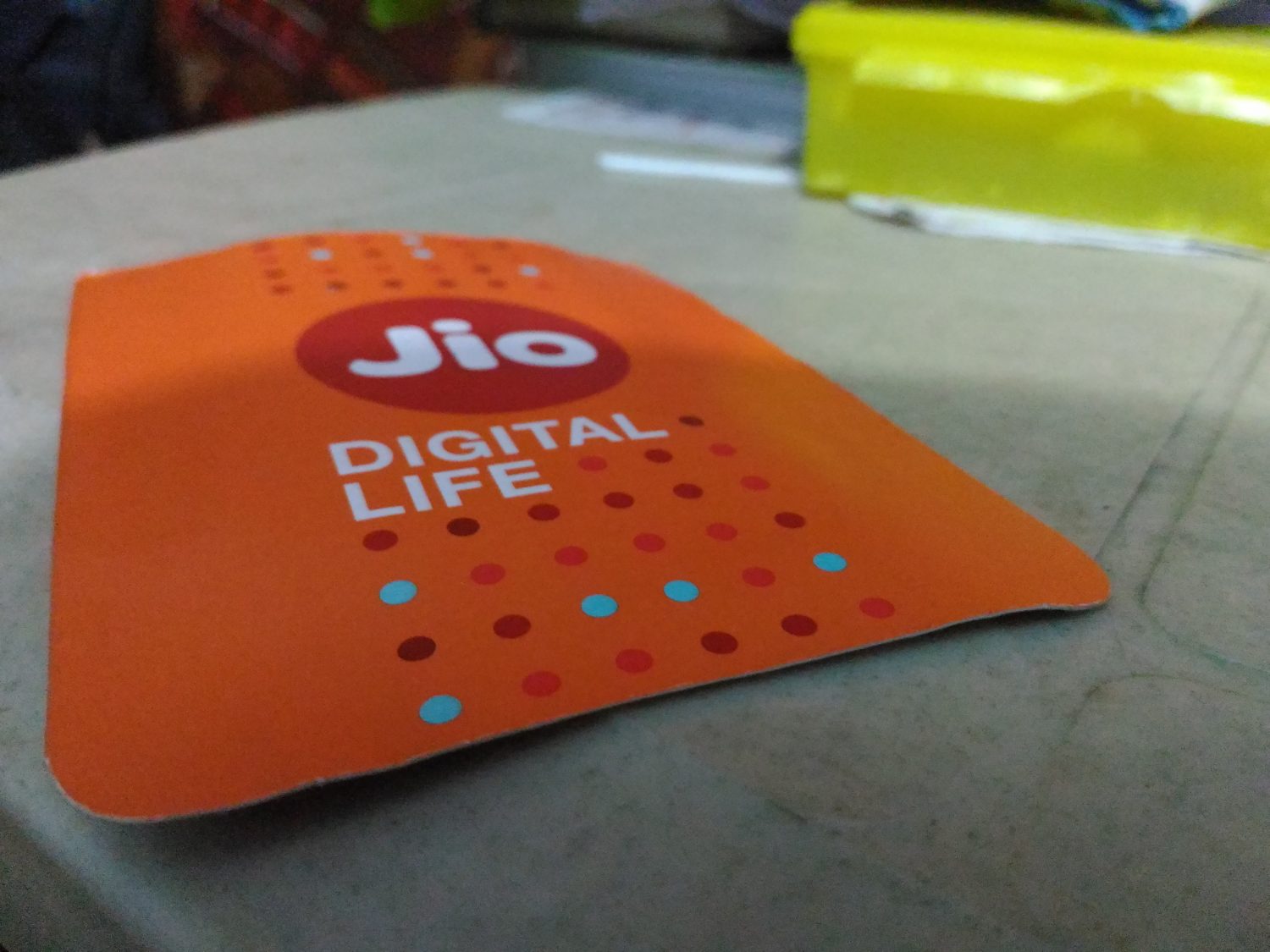(ATF) Having done his bit to monetise the wireless and the retail assets of his flagship Reliance Industries (RIL), Mukesh Ambani appears to be turning to his company’s fibre optics assets for his next cash hunt.
RIL on Thursday filed an application with the stock market regulator, the Securities & Exchange Board of India, to raise $5.4 billion through borrowings and stake sales to its group companies and investment firms.
The money would be raised via an infrastructure investment trust (InvIT) structure called Digital Fibre Infrastructure Trust (DFIT). The fibre optic operations were earlier part of RIL’s subsidiary Reliance Jio, the wireless telecom operator, and carries a debt burden of $12bn including the suppliers’ credit.
But, while the primary objective of raising the cash appears to be diluting some of that massive debt, competitors say Ambani, Asia’s richest man, may be gearing up for the next big challenge in his broadband game plan – reaching fibre to homes, known as last-mile connectivity.
READ MORE: Digital arm of India’s Reliance draws investors
“I do not think monetisation of its fibre-optic assets is the main objective of this move,” Vivek Raina, co-founder of New Delhi-based Excitel told ATF. “Having rolled out the fibre-optic network for broadband connectivity, Ambani’s next big challenge is to reach that broadband to millions of homes. And providing that last mile connectivity is not only Herculean, but also expensive,”
Although puny in size compared with Jio, Excitel is a direct competitor with Jio’s fibre-optics broadband operations, and Raina reckons that Ambani needs to spend “three-to-four times the money he has already pumped in for rolling out the fibre network in the country”.
Driving a new revolution
After revolutionising the wireless data use in the country through the Jio platform, Ambani announced last September that he was ready to turn around the fortunes of the broadband sector by launching Jio Fiber Services, Jio’s mega fibre-optic venture.
Although Ambani did not specify a timeline at the launch, he said the immediate target was to reach 20 million homes and 15 million businesses in 1,600 Indian cities.
Jio Fiber not only aims to provide high-speed internet connectivity, but it also bundles a number of offers and features like access to premium OTT services and movie releases.
Fibre cable (OFC) as a transport layer is essential for creating telecom networks capable of handling ever-increasing data loads, and according telecom industry experts, its potential and opportunities are huge.
Still, India lags considerably behind the global average of fibre penetration, with just about 22% of fibre-connected mobile infrastructure.
Contrasting shift
The InvITs have become an attractive tool for Indian companies to hive off their debt and underlying assets and get investors on board. Registered with Sebi, InvIT is an investment scheme like a mutual fund that enables direct investment of money from individual and institutional investors in infrastructure projects to earn a small portion of the income as returns.
RIL had earlier raised funds via similar structures for Jio’s telecom tower assets and for Ambani-owned gas pipeline company. Canadian financial powerhouse Brookfield had picked up stakes in both the telecom tower and gas pipeline InvITs.
DFIT’s initial portfolio underlying asset comprises Jio Digital Fibre (Fibre Co), which is in the business of establishing, operating, maintaining, and managing optic fibre cables and related assets, and providing optic fibre infrastructure services to telecommunications service providers.
Apart from Reliance Jio, Fibre Co will offer its capacity to other telecom providers, the prospectus said.
However, for Ambani, mopping up cash from his group companies in the trust contrasts with his earlier mode of garnering funds for his digital ventures. This year, for instance, the tycoon raised more than $20 billion by selling 33% of Jio Platform to investors including Facebook Inc. and Google.
























